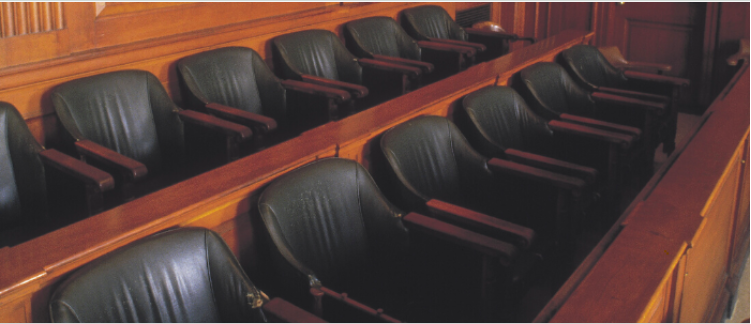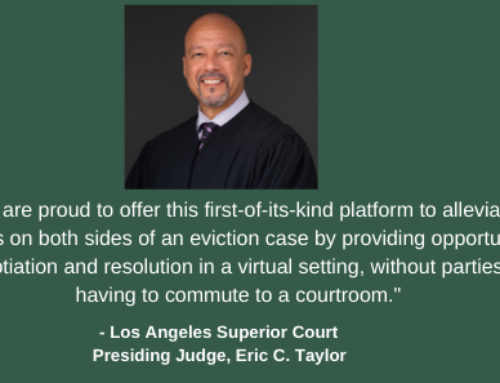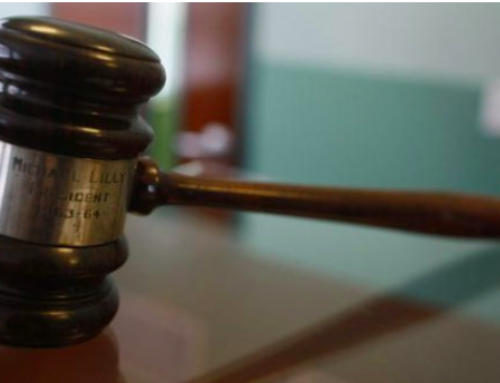As state courts grapple with how to protect the public from the spread of the coronavirus while maintaining essential court functions, one of the first and most widespread methods they are using is postponing jury trials. To date, courts in all 50 states, two territories and the District of Columbia have announced postponements.
Most of the existing postponements are scheduled to end in April, but many court officials expect them to extend into summer.
“If we’re all going to survive this, we may be talking about a very long period of time when it comes to suspending juries,” said Paula Hannaford-Agor, director of NCSC’s Center for Jury Studies. “I don’t know when that will be, but it’s almost certainly longer than what we’re talking about now.”
Hannaford-Agor recently convened a brainstorming session with judges and court officials from Massachusetts to California who has spent time thinking about how the pandemic will affect jury management.
“My fear,” said Pamela Wood, Massachusetts’ jury commissioner, “is when we startup, we’ll be sending in way too many or way too few potential jurors because people will not be behaving the way we expect them to.”
But there are actions jury managers and other court officials can do now to prepare for when the postponement periods end.
Hannaford-Agor, who is hosting a webinar for court officials tomorrow (details below), offers this advice for court officials who are responsible for jury management:
- Use this time to prepare to restart jury operations.
- Show some grace to potential jurors. For example, courts typically require people to provide notes when they can’t come to court for medical reasons. Most doctors are going to be too busy to write notes for months, so don’t require them in the weeks after jury trials resume. Extend the deferral period beyond the six months that courts often provide and allow a second deferral for jurors who had previously requested one, especially jurors who are at higher risk or who are caring for other persons at high risk.
- Expect to have to summon more people after the jury trials resume to compensate for increased excusal and deferral rates. To determine how many more, contact your local and state health departments to understand the rates of infection and mortality in your area.
- Plan for a gradual rollout. These are unprecedented times, so there will be snags, even for courts that do jury management well. It will be especially important to work on public messaging about jury service to assure jurors that courts are taking every precaution to protect their health and safety and to emphasize the importance of jury service to the justice system.
- Explore the logistics that might allow grand juries to meet remotely. The biggest obstacle to that is ensuring secrecy, so members of grand juries would have to sign agreements in which they promise to listen to deliberations in a place where no one else can hear. Remote meetings have the most potential for grand juries, but they also may be possible for jury selection proceedings.
- Courts that continue to summon potential jurors should make it very clear that people should call before they come to court because many people don’t respond to jury summonses. They just show up, and you don’t want them to do that. Include that information with the jury summons, on the call-in message, and on the court’s website.
- Courts that continue to seat juries must put jurors at ease by practicing social distancing in courtrooms by seating jurors in a cordoned-off section of the gallery rather than injury boxes and by providing larger conference rooms or other spaces for jurors to use during court recesses or deliberations. Hand sanitizer and antiseptic wipes should be available in all areas of the courthouse where jurors meet.







Leave A Comment